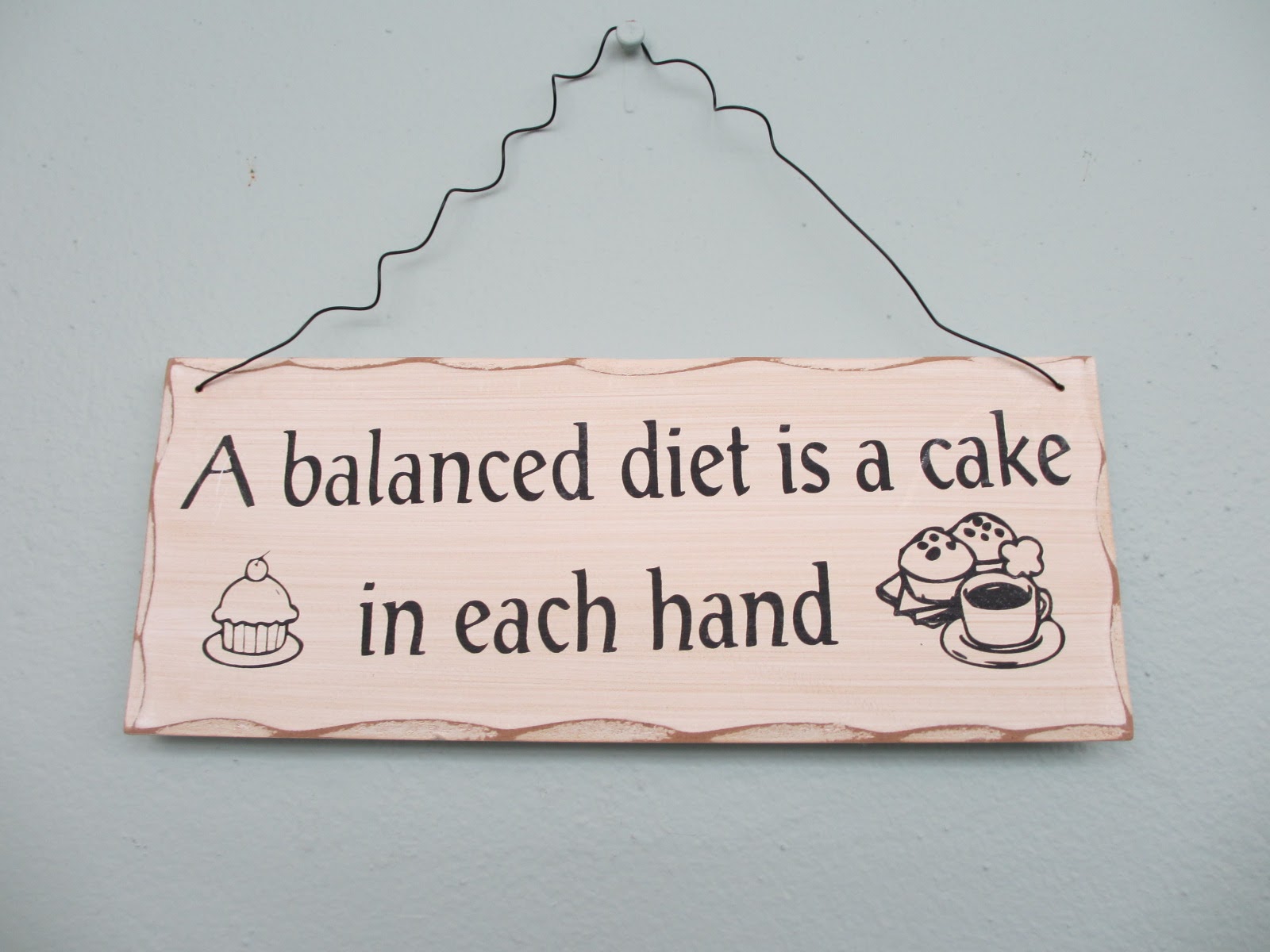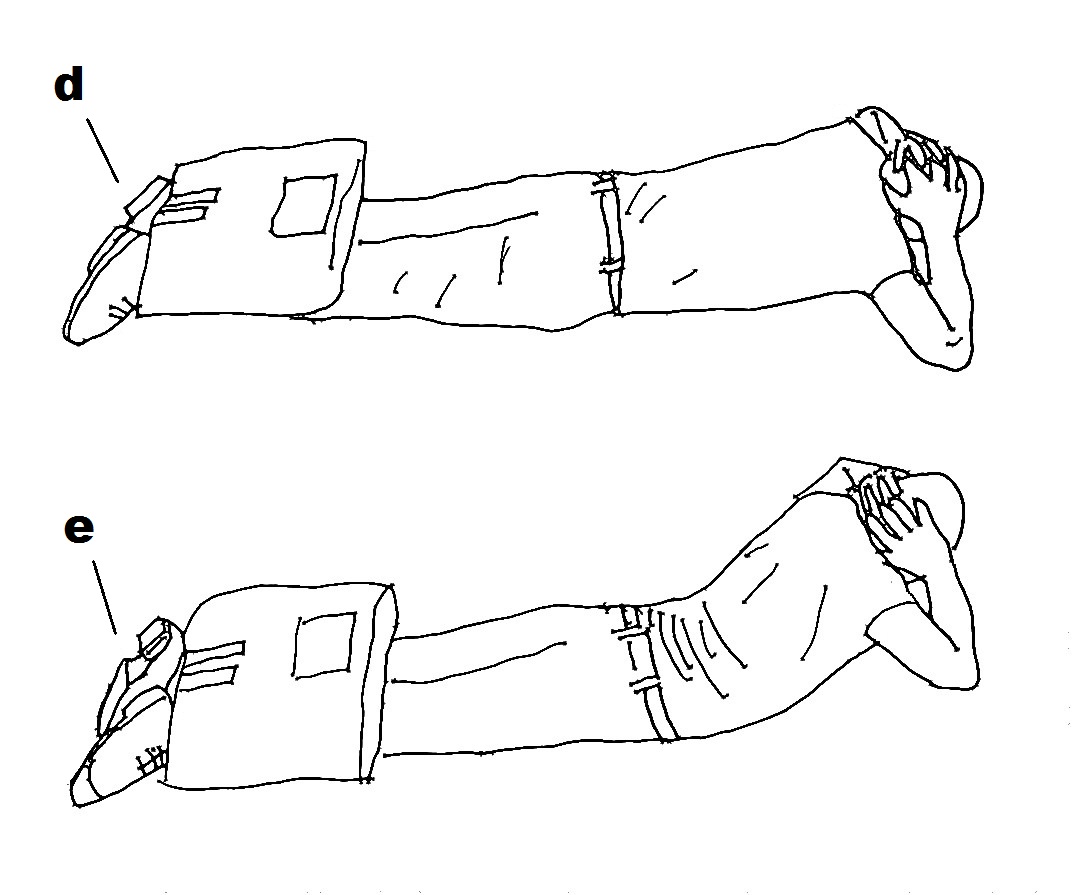Guarding Your Heart: Fifteen Facets of Heart Health Protection Strategies for Embracing a Life of Cardiovascular Wellness
Cardiovascular wellness is not just about preventing heart disease; it's about embracing a lifestyle that promotes a healthy heart. The heart is the engine room of the body, tirelessly pumping blood around the body to keep us alive and well. However, many factors can compromise its health, leading to a plethora of cardiovascular diseases. This article aims to explore 15 distinct strategies to guard your heart and promote cardiovascular wellness. Each strategy is backed by scientific research and offers practical advice that can be integrated into your daily routine. The journey to a healthier heart starts here.
Balanced Diet

A balanced diet is crucial for heart health. Consuming a variety of nutrient-rich foods from all food groups promotes heart health by providing the body with essential nutrients it needs to function properly. This includes lean proteins, whole grains, fruits, vegetables, and healthy fats. Limiting the intake of processed foods, saturated and trans fats, and sugars can significantly reduce the risk of heart disease.
Regular Exercise

Regular physical activity strengthens the heart and improves circulation. It also helps maintain a healthy weight and lowers blood pressure, cholesterol, and sugar levels. The American Heart Association recommends at least 150 minutes of moderate-intensity aerobic activity or 75 minutes of vigorous aerobic activity per week.
Healthy Weight

Maintaining a healthy weight is essential for heart health. Being overweight or obese increases the risk of heart disease by putting extra strain on the heart. It also contributes to other risk factors such as high blood pressure, high cholesterol, and diabetes.
Smoking Cessation

Smoking damages the lining of the arteries, leading to a buildup of fatty material which narrows the artery. This can cause angina, a heart attack, or a stroke. The good news is that the risk of heart disease drops significantly soon after quitting.
Limit Alcohol

Excessive alcohol consumption can lead to high blood pressure, heart failure, and even stroke. While moderate drinking can be part of a healthy lifestyle, excessive drinking can have harmful effects on the heart.
Manage Stress

Chronic stress exposes your body to elevated levels of stress hormones like adrenaline and cortisol, which can increase heart rate and blood pressure. Techniques such as meditation, deep breathing, and yoga can help manage stress levels.
